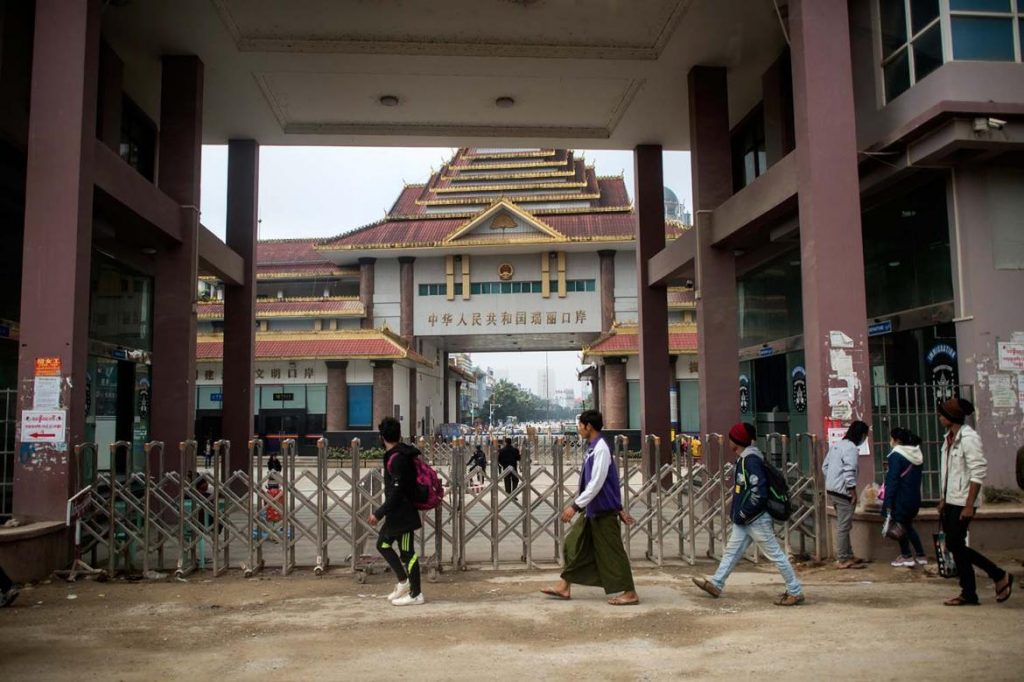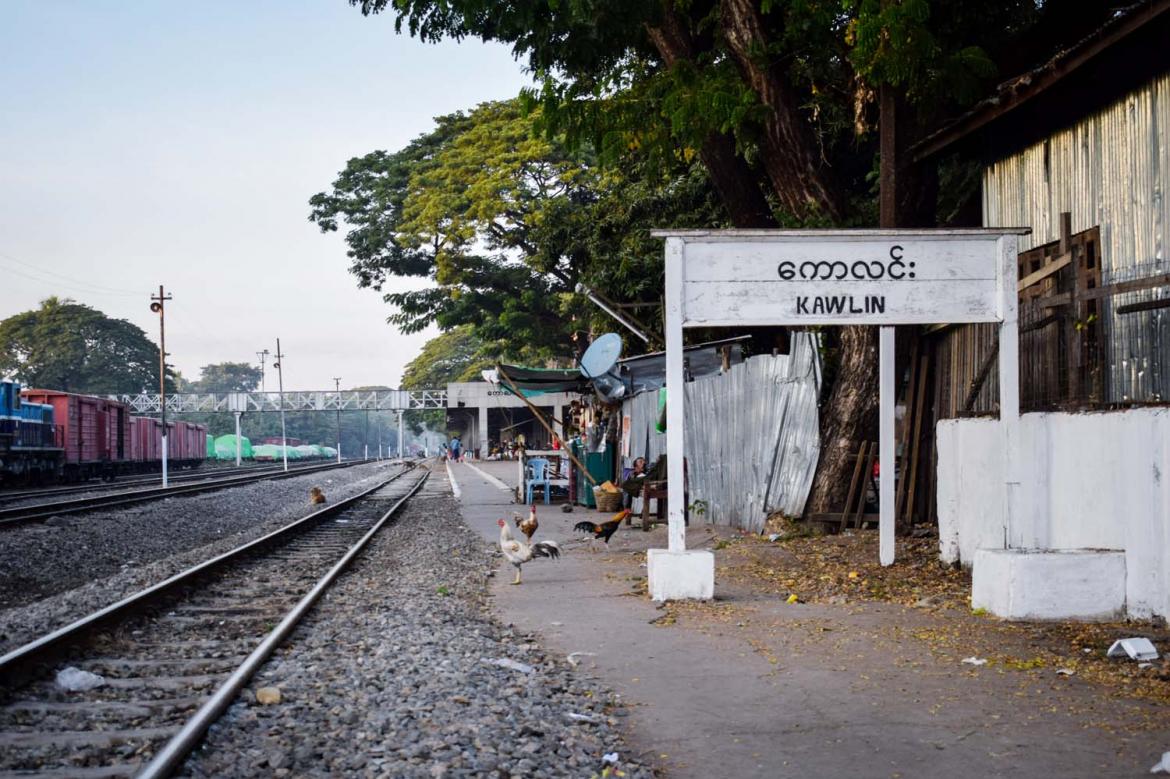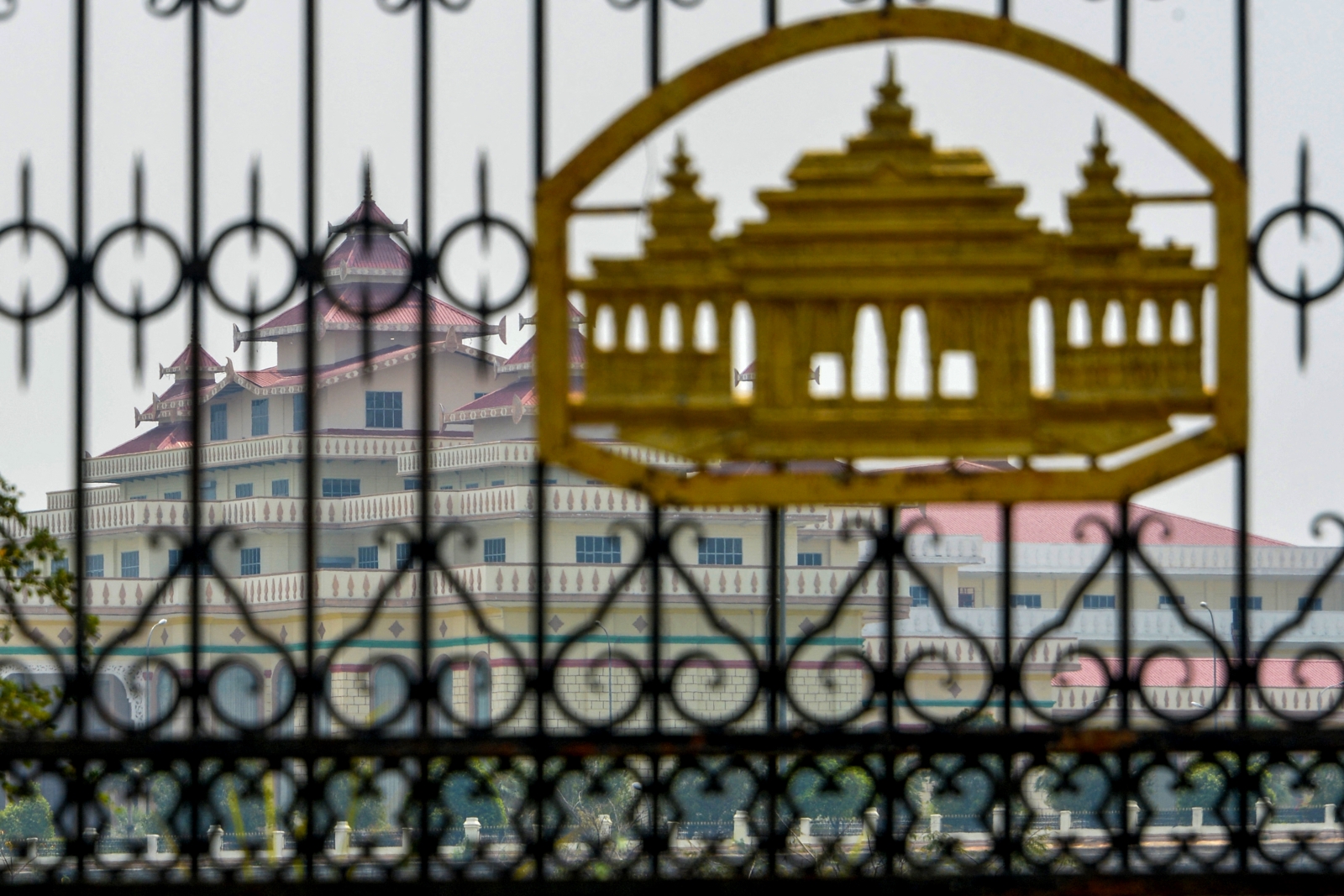A youth organisation in Sagaing Region is helping to rescue poor villagers lured to China by human traffickers who promise dream jobs that never materialise.
By EI EI MON | FRONTIER
IT TOOK Daw Mi Maw 10 days to reach China. The human traffickers transported her via a circuitous route from her village in Mingin Township in Sagaing Region, northwest to Kalay and then west to Mandalay and northeast to Lashio, before a little-known path delivered her across the border into China.
The 46-year-old widowed mother of two was prepared to endure the hardship of the journey because she had been promised the equivalent of K600,000 (US$390) a month – more money than she had ever dreamed of earning. It would be enough to send money home to her sister and two sons, one toiling in the jade mines and the other aged five.
She often thought of her sons as she carried her bags along narrow mountain trails and after crossing into China, where the traffickers locked her and 11 other victims – of whom six were also from her village, Laung Kyi – in a mosquito-infested warehouse for two days.
When her journey finally ended at a fish processing factory at Weihai, a major port in China’s eastern Shandong Province, she did not find her dream job. She found a living nightmare.
Support more independent journalism like this. Sign up to be a Frontier member.
“We had to eat boiled cauliflower and boiled mustard greens; we worked from 6am to 6pm and we were not allowed to sit down,” she told Frontier.
Mi Maw and the other trafficking victims from Mingin Township spent their 12-hour working days cleaning fish. If their Chinese supervisors thought they were working too slowly, or if they asked to take a break, they were berated, kicked and had their ears pulled. After enduring this treatment for five days, Mi Maw became ill and asked to return home.
“A company car took me to an open field and dumped me there alone,” she said. “Because I did not speak Chinese, nobody helped me. I phoned the factory foreman and he told me that if I paid the cost of travel, he would send me to the border. I promised to repay the money after I returned home.”
Mi Maw’s sister sold her jewellery to raise the K1.2 million needed for the journey home. Mi Maw travelled to the border hidden in the toilet of a freight truck.
“For four days I wasn’t allowed to leave the toilet and I had nothing to eat,” Mi Maw said.
When Mi Maw finally returned home, she told other villagers of her ordeal and launched an effort to help the other trafficking victims escape. On August 23, with the help of the Sagaing Region Youth Affairs Committee, the 11 others returned, exhausted and ill from overwork. None had been paid.
Returnee U Zaw Win Aye, 29, from Inn Daung village, said that because of the language barrier, the workers couldn’t understand what their supervisors were saying. The supervisors then grew angry when they were unable to follow instructions.
“They hit us with their fists, they kicked us, they pulled us by our ears,” he said.
The group was the latest of more than 100 people from Sagaing Region who have been able to return home from China this year, said SRYAC. It works to locate and rescue human trafficking victims in China with the assistance of the 88 Generation Peace and Open Society movement and the regional government.
U Win Zaw Khine, a SRYAC member from Yinmabin District, said the promise of dream jobs attracts people from throughout the region. Protecting people from becoming the victims of traffickers was difficult, he said.
“If we stop them from going to China, they think that we are blocking them from an opportunity; sometimes the best we can do is approach the brokers and make sure they are taking responsibility for these people.”
Some victims who have managed to return home have filed charges against the traffickers. In 2019, courts in Sagaing Region have heard fives cases under the Anti-Trafficking in Persons Law involving eight victims and nine brokers, and 13 cases under the Overseas Employment Law involving 142 victims and 26 brokers. Some cases have concluded and the rest are continuing.
Mi Maw’s group in Mingin Township has filed charges against two brokers, who are alleged to have been working without a licence and taking advantage of poor villagers who are desperate to make money.
One such victim is Daw Aye Win from Phet Htoke village. She said her family grew peanuts, but the income wasn’t enough to cover their living costs.
“I wanted to support my elderly mother … I decided to work abroad after discussing the situation with family members,” she said.
Aye Win is relieved and happy that she managed to escape from her personal nightmare and says she will never consider going abroad to work again. But many others are not so fortunate and remain trapped in China in abusive workplaces.
“Even though we were able to return,” she said, “there are more Myanmar people left in China and they also want to come home.”







